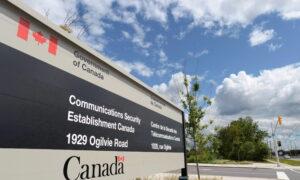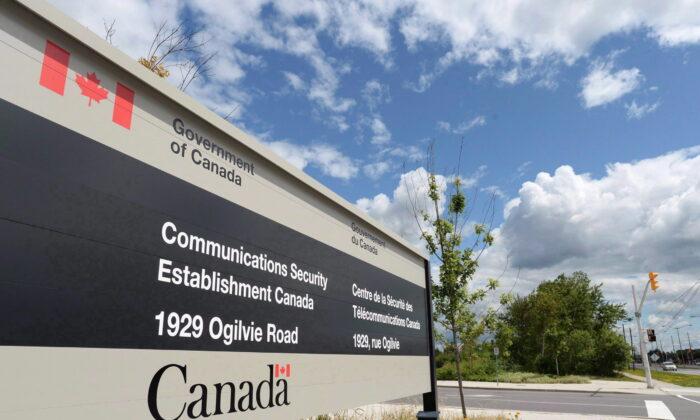The House of Commons was alerted to another cyber threat over a year before the recently revealed Chinese cyberattack targeting parliamentarians in 2021, a senior spy agency official told MPs.
Ms. Xavier noted that CSE had successfully thwarted another cyberattack attempt over a year before the APT31 attack. She said that between January and April 2021, CSE’s cyber centre had provided multiple reports to the House of Commons information technology (IT) security officials. These reports detailed significant technical indicators of compromise by a sophisticated actor, impacting the administration’s IT systems.
“Upon receipt of this information, CSE shared specific and actionable technical information about the activity with the House of Commons IT security officials, and as well the Canadian Security Intelligence Service,” Ms. Xavier said. “Because of this information, CSE and the House of Commons worked together to thwart the attempt to compromise by this sophisticated actor.”
Information Sharing
In response to inquiries regarding the APT31 attack, Ms. Xavier confirmed that in June 2022, CSE had received a report from the U.S. Federal Bureau of Investigation detailing emails targeting individuals worldwide, including Canadian parliamentarians. She also confirmed that CSE shared the list of affected parliamentarians with the House of Commons IT administrators.Conservative MP Garnett Genuis, one of the 18 parliamentarians targeted by APT31, asked if the CSE had included caveats when sharing information about the cyberattack with the House of Commons.
Rajiv Gupta, associate head of the Canadian Centre for Cyber Security, responded that the agency’s reports typically include a caveat preventing recipients from further sharing the information without explicit CSE authorization.
Mr. Genuis described the situation as a “circuitous game of telephone,” asking why the government didn’t directly inform the affected parliamentarians so they could protect themselves.
“Fundamentally, the question is, why was all of this sort of nonsense interposed in between the people who had the information—which was the Government of Canada—and the people who needed the information—which was members of Parliament under threat—who could have taken further preventative action to protect themselves? Why was it so difficult for the government to just tell us directly?” he asked.
Ms. Xavier replied, “I recognize that we’re going to learn from this incident and hopefully get a better understanding.”







